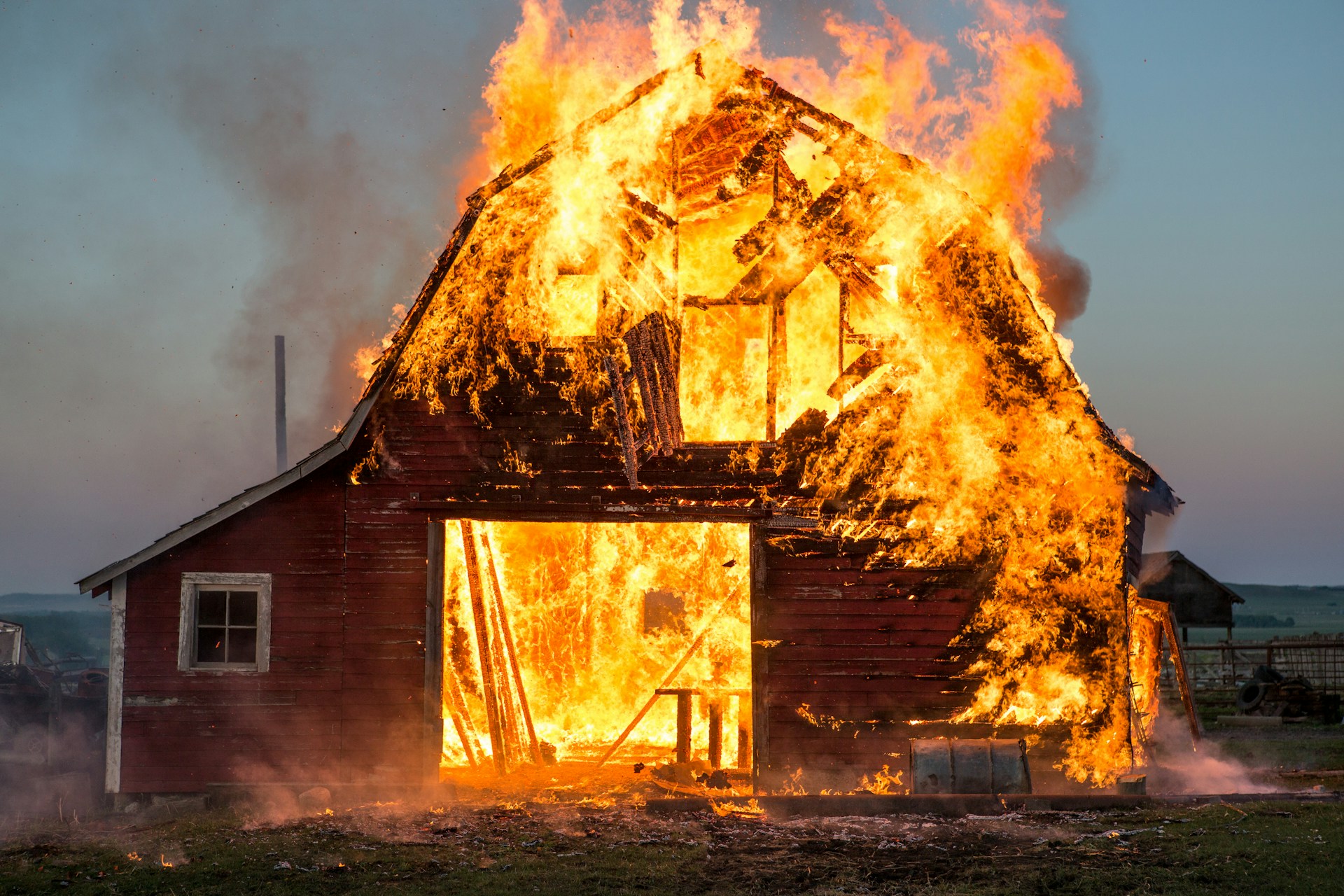Beloved Leadership #3 - Reckon with History

This is installment #3 in the Beloved Leadership series, examining the factors that create exceptional organizations. Guided by the book Beloved Economies by Jess Rimington and Joanna Cea, articles #1 and #2 of this series explored sharing decision-making power and prioritizing relationships. Creating organizations that do exceptional work while breaking free from the oppressive inertia of business as usual requires beloved leadership. This book and article series describe practices you need to be that leader. Welcome to article #3 - reckoning with history.
There is some default thinking that the past is inferior to the present. At the same time, many leaders cling to tradition as the only way of doing things.
We often skip the opportunity to deeply process and learn from history on both sides of this duality. The past is either not worth our time and consideration or so venerated to be beyond reproach (which, for some unknown reason, means beyond examination).
Neither avoidance nor unquestioning obedience set us up for creating dynamic and exceptional organizations (or communities). As one of Rimington and Cea’s study participants says, “Historical amnesia is always debilitating and occasionally fatal.”
So what does it mean then, to reckon with history?
The basic process is to acknowledge the shared collective and unique individual histories among the people involved so that all can be “aware of the contexts that we are inheriting, often unconsciously, and it also reminds us that we can choose what to carry forward or to change.”
By intentionally creating time and space for meaningful conversations about history, the rich lessons of the past come into focus. This process also highlights the empathy needed to understand that histories impact team members in different and often inequitable ways.
The purpose isn’t to shame or reinvigorate trauma; the point is that through reckoning, the team can develop awareness and then make more informed choices about how they “want to respond in the present, rather than unconsciously continuing harmful legacies.”
Purposefully calling attention to the past from many perspectives is the pathway to making more informed and reparative decisions in the present.
It does not mean using a retrospective look at shared lowlights and poor behavior to build factions for bullying the people of today. Reckoning with the past also means revealing what predecessors did to create the opportunities of today. What were their triumphs, successes, and building momentum that we can continue?
The trickiest practice of reckoning with history is to prioritize repair. Acknowledging the harms of the past and moving forward from a place of repair positions leaders to align strong leadership with shared values of care. This is tricky because repair is “both an aim and a skill.” Supporting people whose lives reflect different impacts of history means cultivating patience and empathy for divergent views while elevating the equitable needs of shared humanity.
Prioritizing repair requires acknowledging harm. There are facilitators who are skilled in balancing this acknowledgment and associated grief and pain through a process that provides boundaries to protect individuals from further trauma. Leaders need to proceed with care when calling to mind histories that would be better addressed with the support of a helping professional.
Repair ultimately means moving forward in a way that improves things (processes, systems, structures, relationships, etc.)—reckoning with the past means doing the deep work to make that repair robust and meaningful.
Right now, you might think, we’re just trying to do this little project, and we don’t have time or resources for fixing all the garbage of the past; that’s not what we’re here to do—the past is done, and there’s nothing we can do about it now. Without awareness (from many perspectives) of the past, its harms and successes lose their ability to fuel the fire of today.
Blank slate willful ignorance may seem like a good idea, but it actually prioritizes the narrow perspective of people in power now and reinforces the oppressions and erasures of the past.
Providing intentional time, space, and structure to recall and process the relevant history means engaging from a place of wholeness and trust that opens the door for exceptional outcomes.